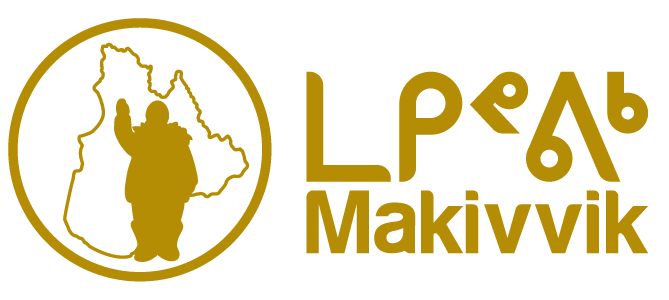FOR IMMEDIATE RELEASE
Joint Press Release of Makivvik, Grand Council of the Crees (Eeyou Istchee) and the Naskapi Nation of Kawawachikamach
The Cree, Inuit and Naskapi scored an important victory on August 4, 2014, when the Québec Court of Appeal declared the provincial government had violated their treaty rights when it set caribou sport hunting levels and dates in Northern Québec for the 2011-2012 season.
If governments fail to respect the James Bay and Northern Québec Agreement (JBNQA) with the Cree and the Inuit or the Northeastern Québec Agreement (NEQA) with the Naskapi – land claims agreements signed in 1975 and 1978 – their decisions will usually be struck down, the province’s highest court ruled.
“Such is the price to be paid for preserving the honour of the Crown in carrying out treaties and in the protected nature of treaty rights,” wrote Justice Pierre Dalphond for a unanimous court.
In March 2011, Québec’s Minister of Natural Resources announced he would change the sports hunting season for the Leaf River caribou herd and set the level for the George River herd in JBNQA territory without waiting for the advice of the Hunting, Fishing and Trapping Coordinating Committee, an advisory body created under the JBNQA with equal representation by the Native parties and the federal and provincial governments.
Caribou are a very important wildlife resource in the JBNQA territory and the Cree, Inuit and Naskapi all rely on it. Both the Leaf River and the George River herds are in decline and the Native parties wanted Québec to close or reduce the sports hunt.
The Court of Appeal held that the Minister’s decision to flout the process set out in the JBNQA stemmed from administrative priorities and a desire to accommodate the outfitters that serve the non-Native sports hunters. But the Court held that, under the JBNQA treaty, the traditional way of life of the Aboriginal peoples takes clear precedence over sports hunting.
“Makivvik is very pleased that the appeal court strongly reiterated the obligations of the federal and provincial governments in regards to hunting, fishing and trapping provisions,” said Makivvik’s Vice-President for Renewable Resources, Adamie Delisle Alaku. “Hunting caribou forms an integral part of traditional and current Inuit livelihood and must be protected.”
“The Cree Nation welcomes this clear affirmation by the Court of Appeal of the primacy of the treaty rights of the Cree, Inuit and Naskapis. It shows that Government must respect its treaty promises. It recognizes the priority of the Aboriginal peoples’ treaty rights to hunt, fish and trap over non-Native sports hunting and to co-manage the wildlife resources in Northern Québec. This judgment charts a clear course for the respect of the James Bay and Northern Québec Agreement in the years to come”, states the Grand Chief of the Grand Council of the Crees (Eeyou Istchee), Dr. Matthew Coon Come.
“The Naskapi Nation of Kawawachikamach welcomes the Court of Appeal’s judgment as the unequivocal recognition of the constitutional nature of the rights of the Naskapi under the Northeastern Québec Agreement. The George and Leaf River caribou herds are of paramount importance to our culture and traditions and we will always strive to ensure their protection”, says Noah Swappie, Chief of the Naskapi Nation of Kawawachikamach.
Judgment: Corporation Makivvik c. Québec (Procureure générale), 2014 QCCA 1455
PDF version of the Press Release Please click here
Information:
Makivvik Communications
William Tagoona
819-964-2925
wtagoona@makivik.org
Naskapi Nation of Kawawachikamach
Chief Noah Swappie
(418) 585-2686
nswappie@naskapi.ca
Grand Council of the Crees (Eeyou Istchee)
Nadia Saganash
(514) 861-5837 x 226 (O)
(514) 213-5754 (C)
NSaganash@gcc.ca

